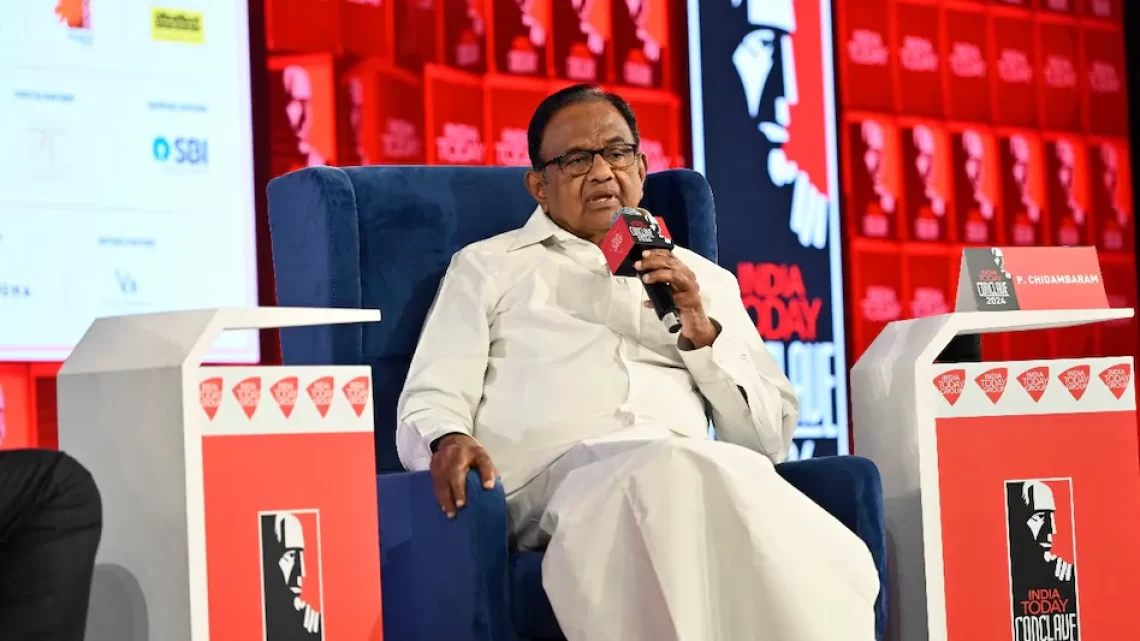
Congress leadership Accuses BJP of Kashmir Divisions
April 16, 2024 Off By Sharp MediaIn a recent verbal exchange between senior leaders of the Indian political landscape, P Chidambaram, a prominent figure within the Congress party, retaliated against Prime Minister Narendra Modi’s assertions, particularly regarding Congress being labeled as the “sultan of tukde tukde gang.” Chidambaram dismissed Modi’s claims as “absolute rubbish,” shifting the focus onto the Bharatiya Janata Party (BJP) for the division of Jammu and Kashmir.
Chidambaram emphasized the BJP’s role in fracturing the state of Jammu and Kashmir into three distinct parts. He criticized the BJP’s tendency to accuse Congress of attempting to disintegrate the country whenever faced with substantial plans or programs. The former Finance Minister’s remarks spotlighted the contentious issue of Jammu and Kashmir’s reorganization in 2019, wherein it was bifurcated into the union territories of Jammu and Kashmir, and Ladakh.
Moreover, Chidambaram highlighted the BJP’s approach during the legal proceedings concerning Jammu and Kashmir’s status. He claimed that the BJP, fearing an unfavorable verdict in the Supreme Court, opted to stall the decision by instructing their lawyer to defer any pronouncement while agreeing to hold elections. This maneuver, according to Chidambaram, underscores the BJP’s culpability in the state’s division and its reluctance to commit to restoring full statehood.
Beyond the territorial issue, Chidambaram scrutinized the BJP’s manifesto, particularly its advocacy for a Uniform Civil Code. He warned that such policies could exacerbate communal divisions, potentially leading to hate speech, resentment, and conflict between communities. This critique echoes broader concerns within India’s socio-political landscape regarding the BJP’s agenda and its implications for religious and cultural pluralism.
Chidambaram’s response was prompted by PM Modi’s remarks during a rally in Karnataka’s Mysuru, wherein Modi accused Congress of aligning with banned organizations associated with terrorism. Modi’s speech encompassed a range of allegations, including Congress’s purported skepticism towards India’s military actions, its stance on Kashmir, and its attitude towards Hinduism.
Modi’s rhetoric, characterized by accusations of Congress’s alleged anti-national activities and religious insensitivity, reflects the ongoing political polarization in India. The exchange between Modi and Chidambaram encapsulates the broader ideological conflict between the ruling BJP and the opposition Congress, where each side seeks to discredit the other while advancing its own narrative.
As India faces complex socio-political issues, including regional autonomy, religious pluralism, and national security, the discourse between political leaders shapes public perception and influences policy decisions. The exchange between Modi and Chidambaram underscores the importance of robust debate and critical engagement within India’s democratic framework, albeit amidst heightened polarization and rhetoric.

